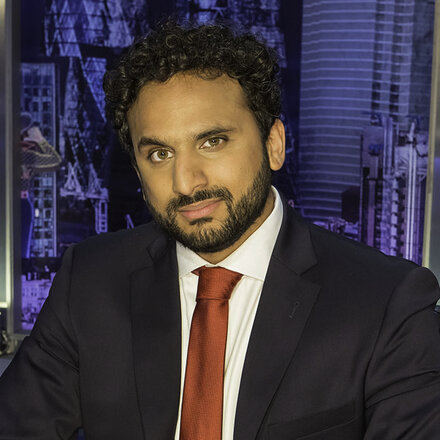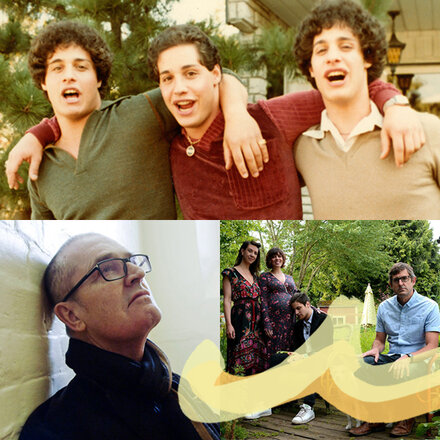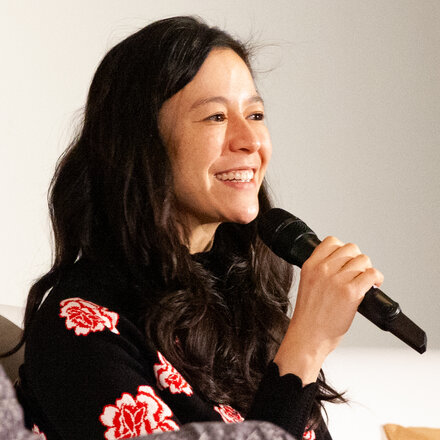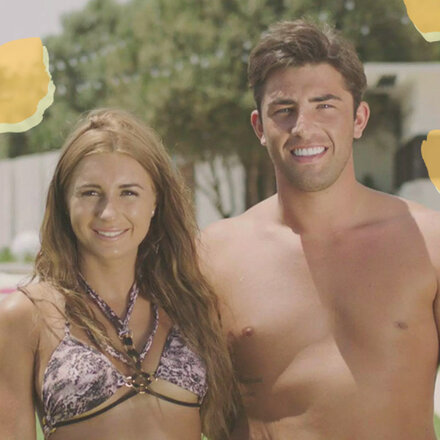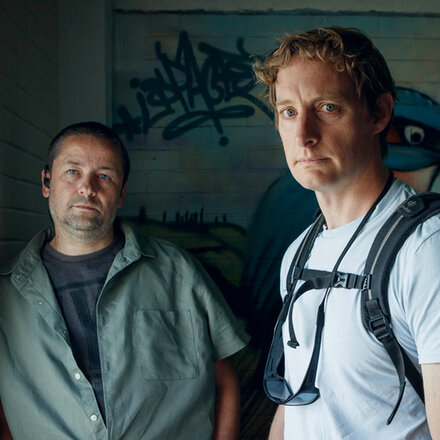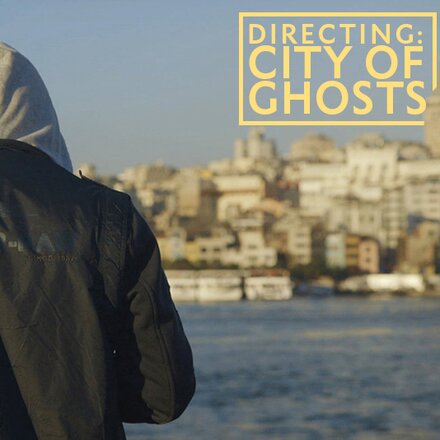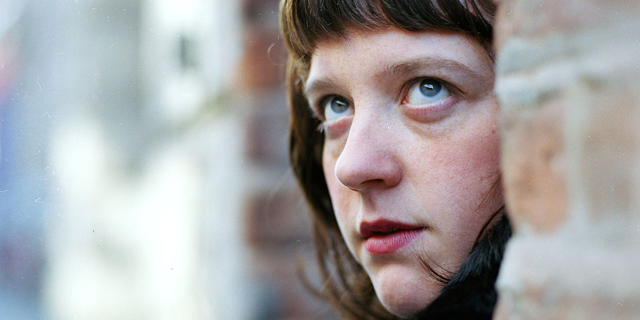
Daisy Asquith: Interview
The British documentary director talks about her route from secretary to filmmaker, the driving force of human relationships and wanting to change the world.
Published 25 January 2013
Words by Matthew Bell
Aged just 19, Daisy Asquith was dispatched from the reception desk at Windfall Films to film at-risk children in the north east of England for a 1999 Channel 4 series about the care system. Since filming The Decision she has become an acclaimed and prolific documentary filmmaker, producing more than a film a year.
The unimaginable horror of the Nazi concentration camps and the lives of their now elderly survivors provide the material for Asquith’s latest film, Britain's Holocaust Survivors, which airs on More4 in early 2013.
“I wanted to show how the holocaust still plays out in survivors’ normal lives and to contrast the ordinariness [of their lives now] with the extraordinariness they experienced in their teenage years,” explains Asquith. “The seeping down of history into the present is so riveting.”
Over five months Asquith filmed the three subjects of her film, who are aged from 82 to 91, forming close relationships and also eating “hundreds of sandwiches. I’ve never ever had so much to eat in my life – and that ended up in the film,” she says. “They are all massive food lovers,” she continues, which is a result of the privation they suffered during the Second World War. “You can’t eat for yesterday but they’re going to try.”
To the survivors, life is joyous and to be celebrated, says Asquith, pointing to the polished appearance of one of the film's subjects, Gena: “We realised together that her make-up, smart clothes and having her nails manicured once a week comes from this deeply instilled fear of looking weak because, of course, you wouldn’t live the moment someone thought you looked weak – you’d be in the gas chamber.”
“My films are made in a personal way but I hope they have a political nature. The politics should come in the back door without the viewer noticing.”
Before joining renowned documentary production company Windfall Films as a receptionist, Asquith had received no formal film training. “As a child I went to a Saturday film club,” she recalls. “We had an old, slightly working 16mm camera but we couldn’t afford the film. We pretended we were filming things.”
A stint working behind a bar, however, proved useful in developing social skills – a must for a filmmaker specialising in intimate documentaries. “Once I got to Windfall there were some fascinating, highly educated, quite geeky people there who found it more difficult than I did to communicate. They started to make a series [The Decision] about social services and wanted to show the child’s point of view – it was a good decision for them to send me. They were brilliant at nurturing people at Windfall – they gave people of my age a chance,” recalls Asquith.
The Decision took the Royal Television Society award for best documentary series. More success followed with Fifteen (2001), for which Asquith was BAFTA-nominated along with fellow director Nichola Koratjitis and producer Oliver Morse. The three-part C4 series was filmed in Stockwell, south London, where Asquith was living at the time, and opened a window to the lives of a group of inner-city teenagers. One of the 15-year-olds was the subject of a later Asquith film for C4, Kimberley: Young Mum 10 Years On (2009).
Over the past decade, Asquith’s films have been varied, taking in arranged marriage (2002’s Marrying A Stranger), teenage gangs (2004’s Whatever), children’s entertainers (2008’s Clowns) and gay dads (2010’s My Weird and Wonderful Family).
But do they have anything in common? “I suppose I’m interested in people’s relationships,” says Asquith. “I’m trying to see the world through someone else’s eyes.”
“Everybody wants their documentary to change the world.”
“My films are made in a personal way but I hope they have a political nature. The politics should come in the back door without [the viewer] noticing. If you’re having fun with [it], people don’t feel lectured. Everyone wants their documentary to change the world.”
Does Asquith have any advice for would-be documentary filmmakers? “Just go and film – you can even film on your phone. It’s important to be able to show people something. I still do it now because I’m hopeless at pitching. Pick up a cheap video camera and carry it around with you and you will start developing an eye for things,” she advises.
More than anything, however, a filmmaker must engage with their subjects. “Let’s face it, it’s not that difficult to film stuff now. All you’ve got to do is keep the camera reasonably still. I like a camera that’s easy to use and doesn’t interrupt me when having a conversation with someone,” says Asquith.
Asquith is now working on a long-term C4 project, My New Home, following the lives of three children who moved to England from Kyrgyzstan, Pakistan and Zimbabwe at the age of 11 in 2005. She has now completed the final part of the trilogy, filming the children as 16-year-olds, but wants to make more: “They’re three brilliant kids and they’ve been remarkably patient with me. I’d love to be filming them when they’re 40 – it’s irresistible.”
Follow her on Twitter @daisyasquith.

